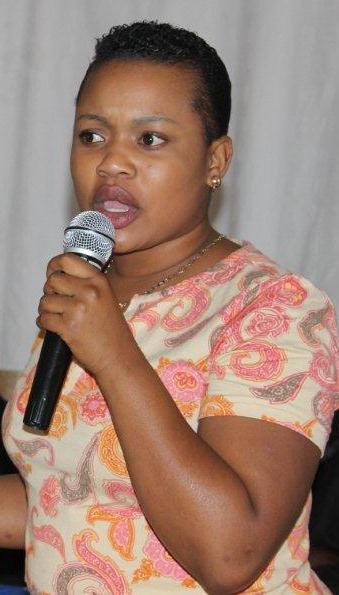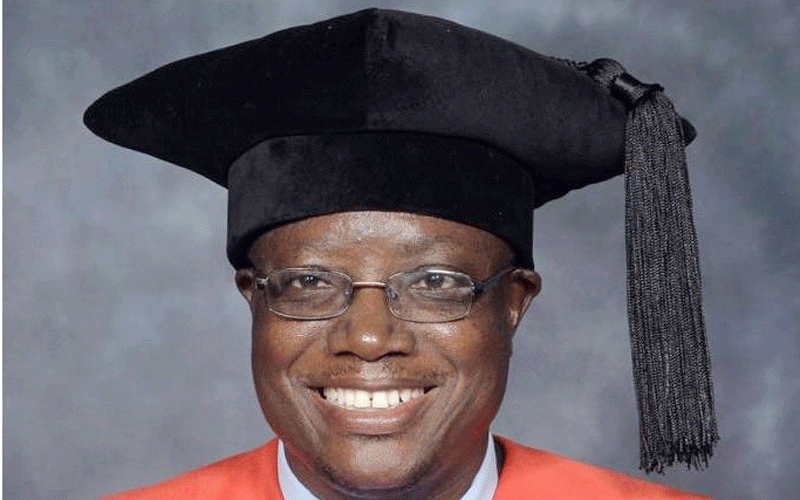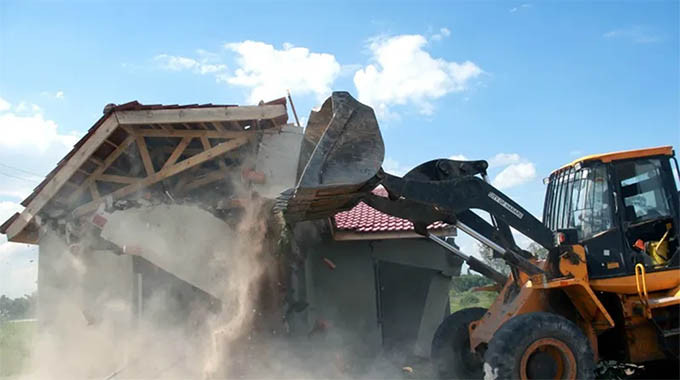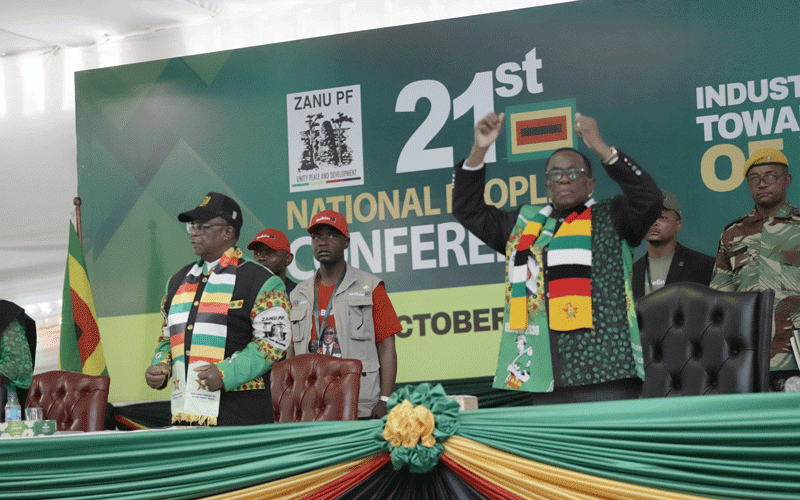
Child marriages have become a big problem in Zimbabwe, with the country now rated among the top 41 in the world with unacceptable levels of early girl child marriages.
BY OBEY MANAYITI
Experts say early marriages have distressing consequences on the minors involved. Unless something is done to stop child marriages, many children could be headed for a rocky life.
Makanaka Wakatama, the former popular television presenter who had a very promising future, is one of the victims of child marriages.
Today, she regrets the marriage with a lot of pain. She has however proved to be a strong woman. Instead of hiding and crying over her fate, she stood up in front of traditional chiefs, government officials and other stakeholders in Mutare last week chronicling the devastating experiences that she went through as a child-wife.
Wakatama also announced that she was starting a Trust to advocate for women and children’s rights as a way of educating them against early marriages.
“I was very popular during the days I was on TV and because of that I was exposed to many things,” she said during a Plan International meeting with traditional chiefs aimed at ending child marriages.
“I was invited to a lot of functions and some during the night. That is when I met a businessman who sweet-talked me and because of money and the type of life that he led, I was lured. I ended up getting pregnant.”
- Chamisa under fire over US$120K donation
- Mavhunga puts DeMbare into Chibuku quarterfinals
- Pension funds bet on Cabora Bassa oilfields
- Councils defy govt fire tender directive
Keep Reading
Wakatama also revealed that she turned a deaf ear to NGOs which tried to help her out of her situation at the time.
Within a short space of time she had two children, both delivered through caesarean operation. After that life changed. Serious differences developed between her and her husband as she missed out on education and many other aspects of social life.
She had to watch her friends going ahead with school while she struggled to raise two minor children, a situation she said was very depressing.
Now in her early 20s, she has gone under the knife six times with some operations linked to ulcers caused by depression. So painful is her story, but she still has the courage to apologise to the nation, parents and everyone who looked up to her.
“I want to apologise to all of you, to the chiefs here, parents and all who knew me then and those who looked up to me as a role model by that time. I feel I disappointed them all and I want to apologise,” Wakatama said.
She recently formed the Makanaka Trust to provide light to others. “We are advocating for the rights of women and children but with a special interest on child marriages. This is an issue that passionately moves me. This is motivated and inspired by my own life and my own experiences with child marriages,” she said.
“Firstly we are targeting urban areas, where I lived when this misfortune befell me and then we will move out to rural areas because that is where there is greater prevalence of child marriages.”
She said the response has been overwhelming.
“People are interested and I think being someone who went through the same situation, it’s easier when I talk to the girls about the effects and the challenges. I try to get the message to them before they are affected, prevention is very important,” she said.
Manicaland Provincial Medical Director Patron Mafaune said there were numerous medical challenges associated with early marriages.
She said there was risk of complications especially when delivering and other mental depression related complications like ulcers and severe malaria.
Mafaune added that teenagers were five times more likely to die when delivering than mature people as their babies were usually born underweight.
Plan International has also put in place mechanisms to help girls who found themselves in early marriages through a programme to get them back to their studies.
“Currently we have a programme called Building Skills for Life which is meant for young mothers,” said the Chipinge district’s Programmes Unit Manager for Plan International, Gladys Muyambo.
“This is an empowerment programme where we give a second chance to girls who drop out of school because of reasons that include early marriages. The programme is covering 25 secondary schools.
It’s a five year programme and we are in the fourth year now.” She said the response was overwhelming with the Ministry of Education leading the initiative together with the Department of Social Welfare.
“We want to share with the chiefs the problems that minor children are facing so that we find a solution together without blaming the culture,” said Muyambo.
The provincial chiefs meeting on ending child marriages was meant to engage chiefs from Manicaland on provisions of the new constitution against child marriages as well as sharing ideas on challenges associated with child marriages and how to manage them.
Manicaland Provincial Affairs minister, Chris Mushowe said there was need to adopt robust measures to end child marriages through empowerment and education.
“Child marriage is a global problem that cuts across countries, cultures, religions and ethnicity. It is a grave human rights issue as well as a development issue. It denies children their rights to health, to live in security and to choose when they want to marry,” said Mushowe.
“Zimbabwe is adjudged one of the 41 countries in the world with an unacceptable rate of child marriages.”
According to a 2012 report based on data collected by the United Nations Population Fund, during the years 2000-2011, the country’s prevalence of child marriage was at 31%.
According to the report, Mashonaland Central tops with 50% followed by Mashonaland West (42%), Masvingo (39%), Mashonaland East (36%), Midlands (31%), Manicaland (30%), Matabeleland North (27%), Harare (19%), Matabeleland South (18%) and Bulawayo (10%). “Robust interaction programmes targeting community leaders and the community at large need to be intensified. Ending this scourge is everyone’s responsibility,” Mushowe said.
“It is my opinion that the more noise we make on this issue of child marriages will save more girls from being married off early.”
In Zimbabwe, reasons for high child marriages have been identified as archaic values, payment or compensation for murder cases, religious practices and poverty.
Child marriages have been described as one of the practices that go against the upliftment of women in Zimbabwe and other developing countries.










